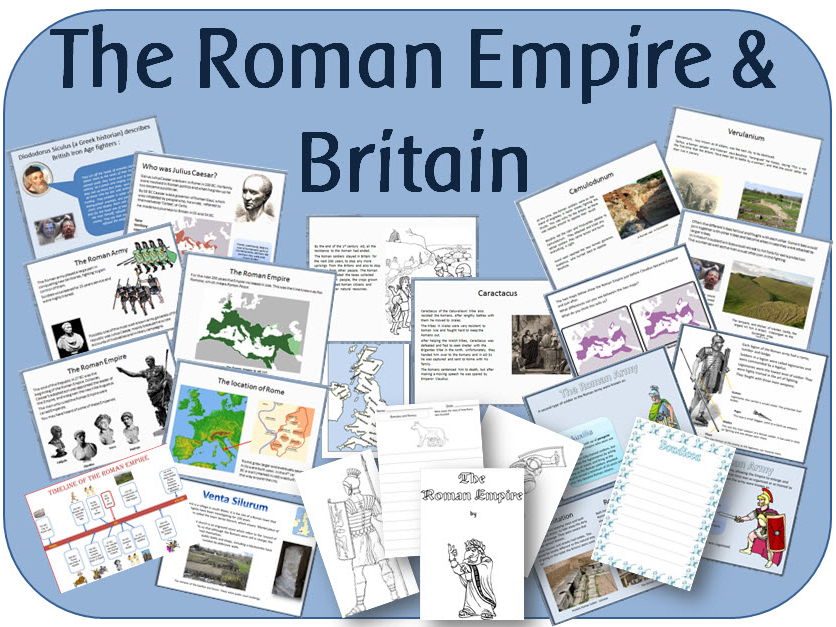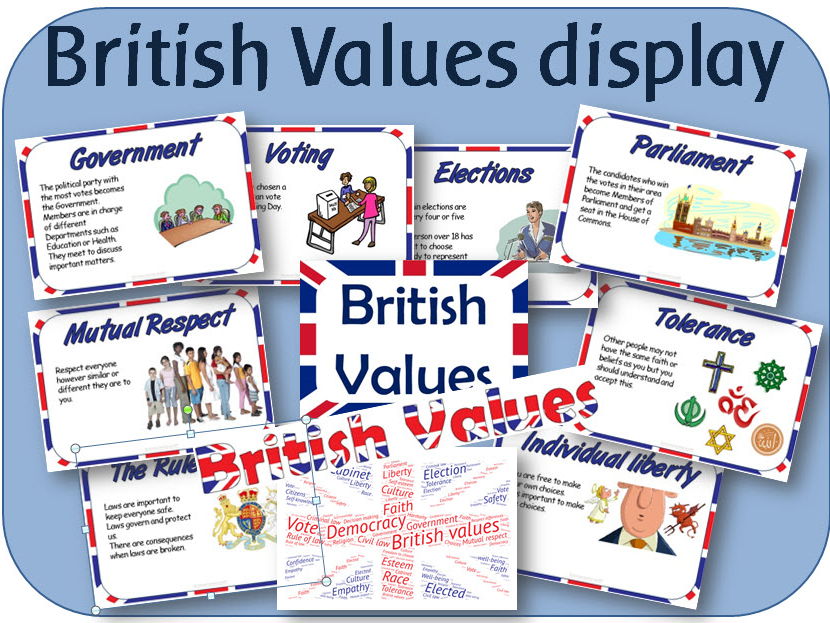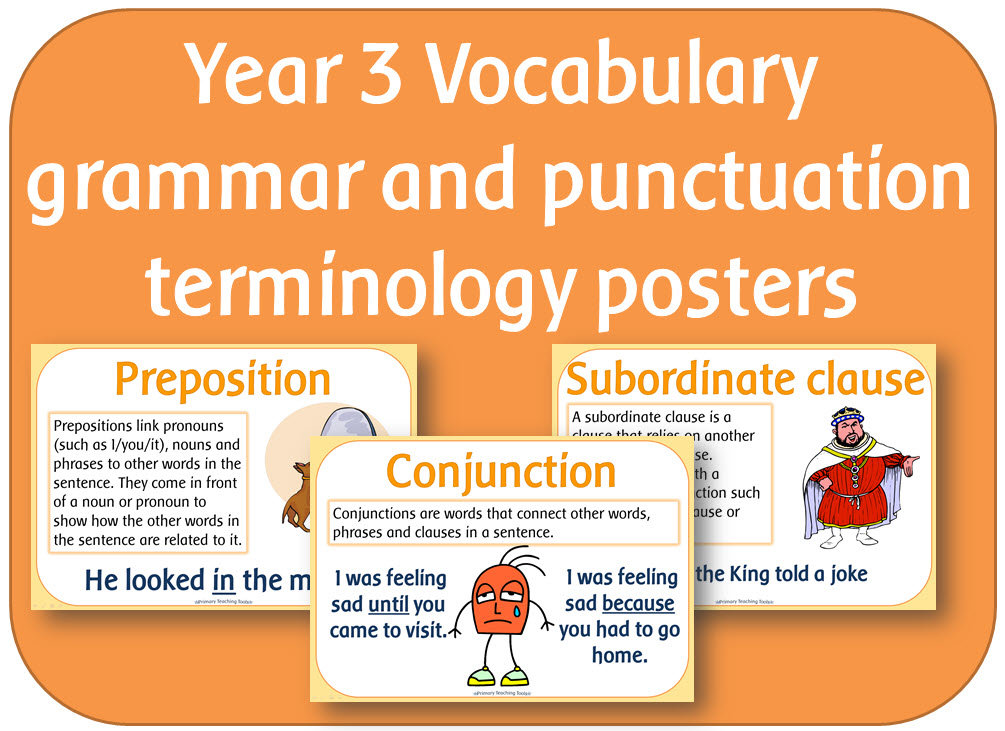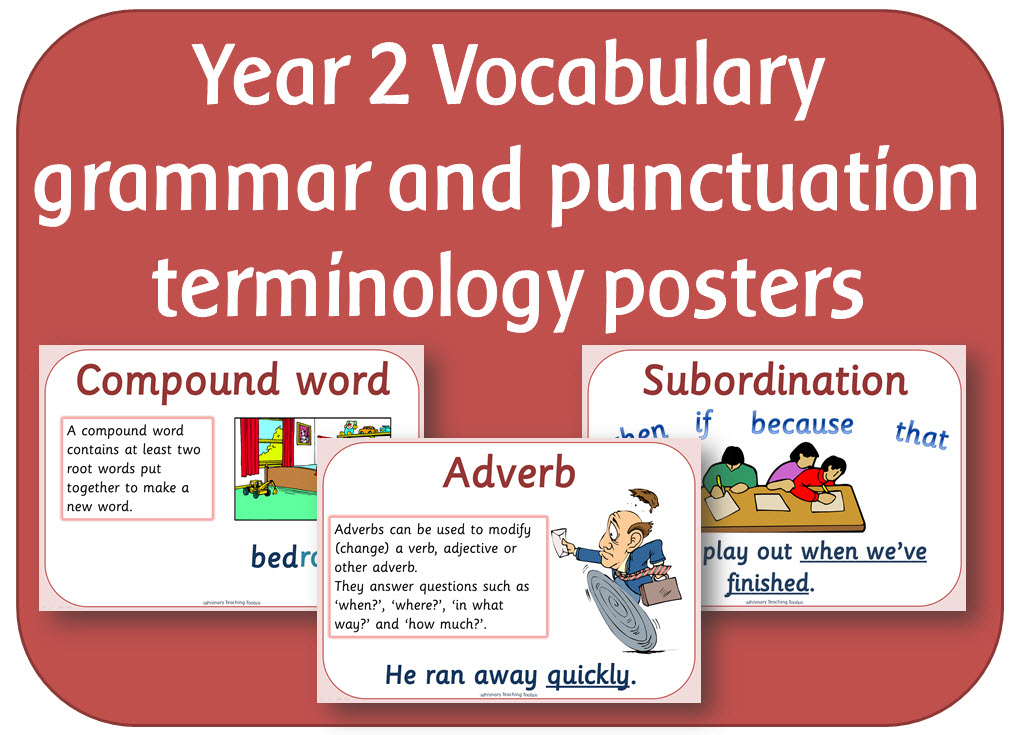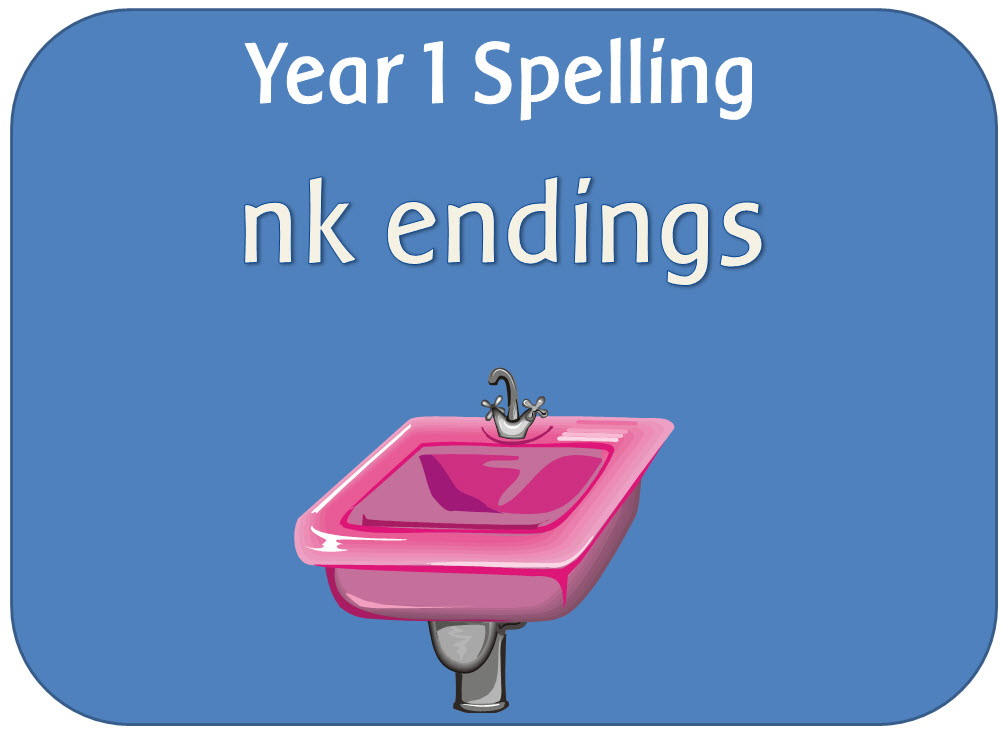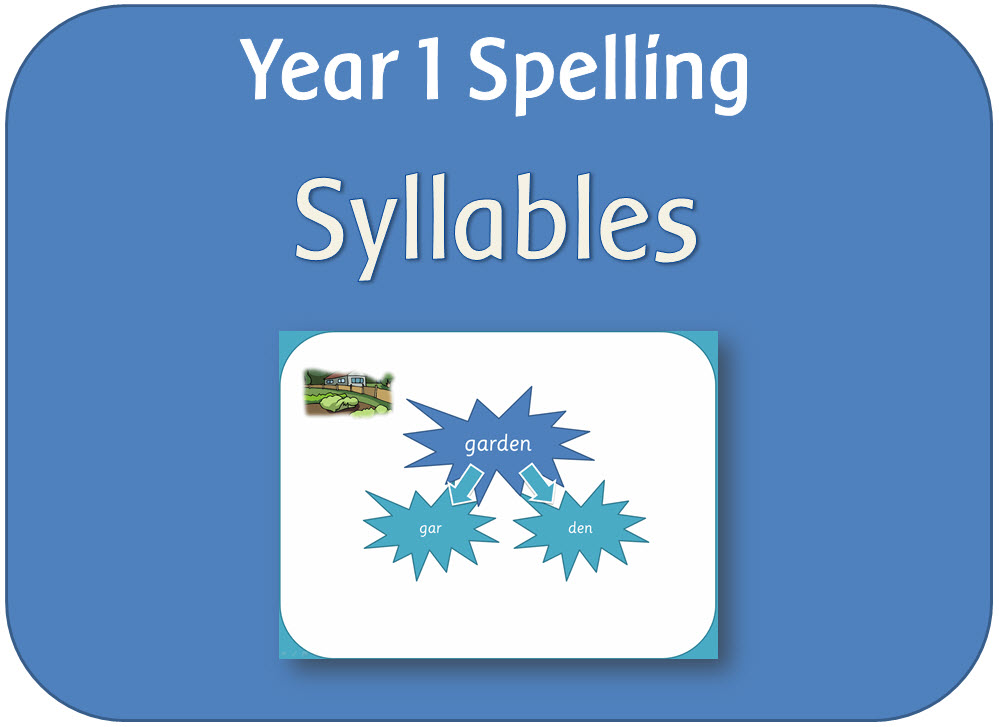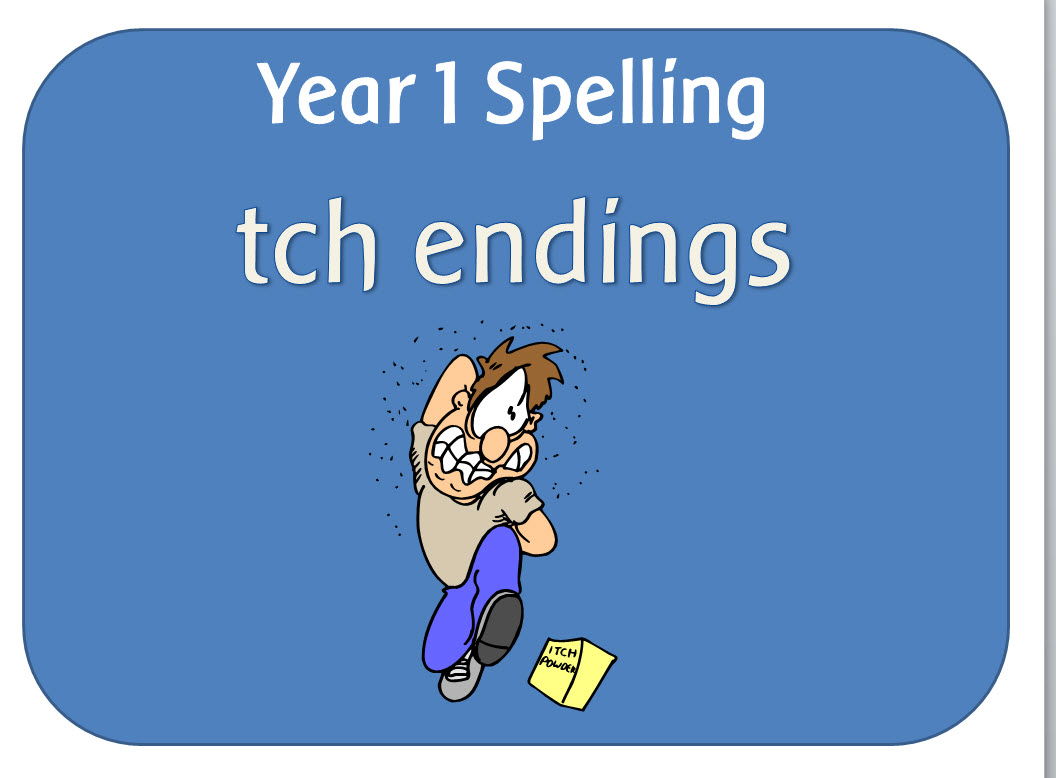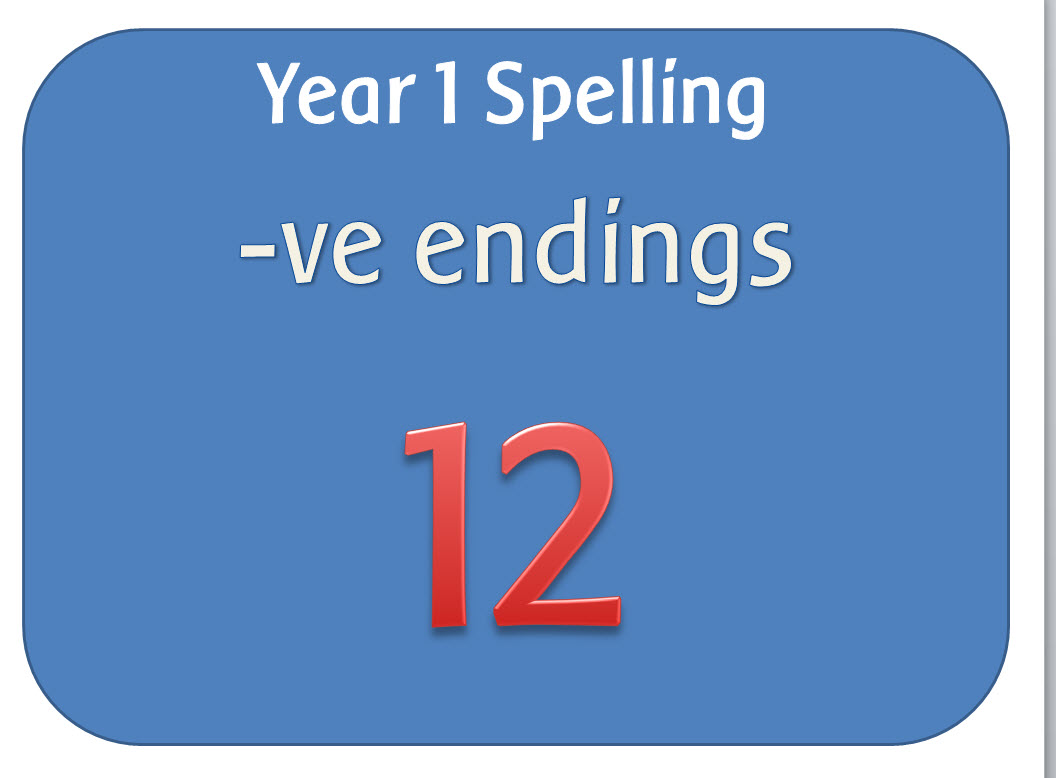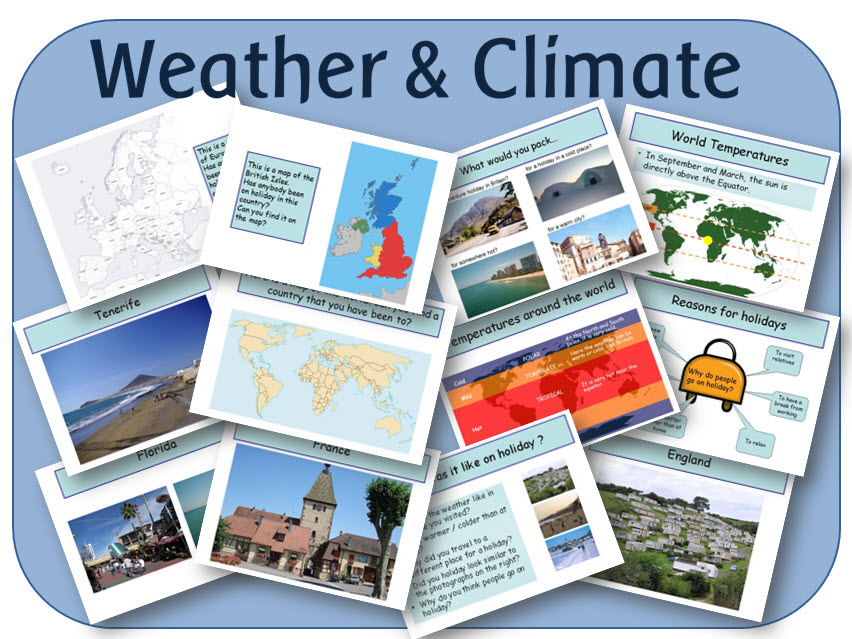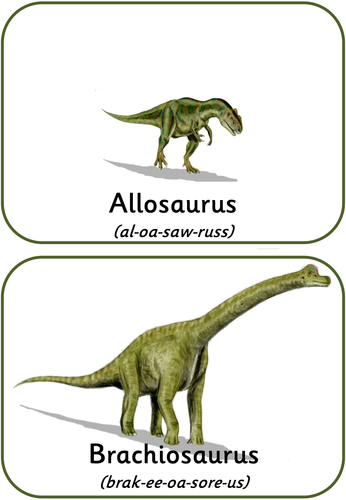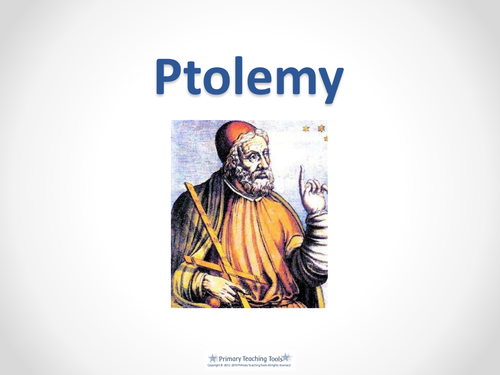
404Uploads
1066k+Views
681k+Downloads

Prepositions for Kindergarten 30 no prep posters
A set of colorful posters featuring a cute baby chicken in different positions to teach or reinforce prepositions.
There are 30 different prepositions which each print onto one page.
Also included is a banner / lettering ‘Prepositions’, plus matching A-Z chick lettering to personalize your display.

Introduction to reading and writing sentences PowerPoints and worksheets US version
These resources introduce the concept of a sentence and explain how to become a great sentence writer. Includes PowerPoint lessons, corresponding worksheets and sentence writing activities.
LESSONS
AN INTRODUCTION TO SENTENCES: Explanation of what sentences are and what type of punctuation should be used. It reinforces the importance of capital letters, periods, question marks or exclamation marks and spaces in between words.
HOW TO WRITE A SENTENCE: A checklist of what is required for a perfect sentence.
I CAN SENTENCES: Simple sentences to read. The spellings get progressively more difficult.
JAKE’S PERIOD: A story showing how important it is to put periods in the right places.
PICTURE SENTENCE: Find the correct sentence out of four to match the picture.
WORDS THAT FIT: Find the words that can be substituted in the sentence.
REARRANGE THE WORDS: Jumbled up sentences that need rearranging.
PRINTABLES
Worksheets: 15 different worksheets to accompany the lessons, including -
Checklist to use when writing sentences
Finish the ‘I can’ sentences
Write the words that fit
Write sentences about a picture
Punctuation story
Match the sentences
Cut and make a sentence
Also included is a center activity with 34 ‘I can’ sentence cards.
Some of the PowerPoints include a linked video to watch. This is a link shared through SafeShare T.V., a program that filters adverts and unwanted commercials from the clip. You may need to check if you can access this in school.
The links were checked before uploading, but if any don’t work, feel free to contact me.

Year 3 Vocabulary grammar and punctuation terminology posters
A set of A4 posters to print and display.
They contain all the 'terminology for pupils' identified in Appendix 2 for Year 3:
Adverb; Preposition; Conjunction; Word family; Prefix; Clause; Subordinate clause; Direct speech; Vowels; Consonants; Inverted commas/speech marks; Nouns; Present perfect; Punctuation

Year 1 Vocabulary grammar and punctuation terminology posters
A set of A4 posters to print and display.
They contain all the 'terminology for pupils' identified in Appendix 2 for Year 1:
Letter; Capital letter; Singular; Plural; Plural noun suffix; Word; Sentence; Punctuation; Full stop; Question Mark; Exclamation Mark; Suffix; Verbs; Adjective; Clause and Pronoun.

Year 2 Vocabulary grammar and punctuation terminology posters
A set of A4 posters to print and display.
They contain all the 'terminology for pupils' identified in Appendix 2 for Year 2:
Noun; Noun phrase; Statement; Question; Exclamation; Command; Compound word; Adjective; Verb; Suffix; Adverb; Tense; Apostrophe; Comma; Subordination; Co-ordination; Progressive; Sentence.

Year 6 Vocabulary grammar and punctuation terminology posters
A set of A4 posters to print and display.
They contain all the 'terminology for pupils' identified in Appendix 2 for Year 6:
Subject; Object; Active; Passive; Synonym; Antonym; Ellipsis; Ellipsis (punctuation mark); Hyphen; Colon; Semi-colon; Dash; Bullet points; Cohesive devices; Adverbials.

SPaG Year 1 Spelling pack: The /ŋ/ sound spelt nk
A set of resources to teach children about the /ŋ/ sound spelt n before k.
The PowerPoint explains the spelling rule and gives examples of words for a class activity.
The worksheet contains jumbled up words that end in nk.

SPaG Year 1 Spelling pack: Division of words into syllables
A set of resources to teach the guideline/rule in the Spelling Appendix:
Each syllable is like a ‘beat’ in the spoken word. Words of more than one syllable often have an unstressed syllable in which the vowel
POWERPOINT RESOURCES:
Introduction to syllables: An explanation of what syllables are and how to identify them in words. It gives several examples of words with more than one syllable with opportunities for children to spell them.
Syllable practice: Activity where the children can read a word, then write it by identifying how many syllables it contains, then check it.
WORKSHEETS:
Two syllable word worksheet: A grid for splitting up words into syllables as an aid to spelling.
Blank syllable word worksheet: As above, but the grid is left blank to insert words.
sound is unclear

SPaG Year 1 Spelling pack: The /tʃ/ sound spelt tch straight after a single vowel letter.
POWERPOINT RESOURCES:
Words ending tch: explains the spelling rule and gives examples of words for a class activity where the children can try to spell the words.
PDF:
Wordsearch: words containing tch
Worksheet: Jumbled up words to rearrange.
WORD:
Tch word list
Outline adaptable plan

SPaG Year 1 Spelling pack: Words ending ve
A set of resources to teach the guideline/rule in the Spelling Appendix:
English words hardly ever end with the letter v, so if a word ends with a /v/ sound, the letter e usually needs to be added after the ‘v’
POWERPOINT RESOURCES:
Words ending -ve: explains the spelling rule and gives examples of words for a class activity where the children can try to spell the words.
PDF:
Wordsearch: words ending ve
Worksheet: Jumbled up words to rearrange.
WORD:
-ve word list
Outline adaptable plan

SPaG Year 1 Spelling pack: Vowel digraphs and trigraphs set 1
This pack contains the first 13 digraphs/trigraphs in the spelling appendix.
POWERPOINTS:
All presentations are superhero-themed and contain a quiz with words containing the relevant grapheme. They can be used for both reading and spelling activities.
1. ai or ay: Investigates the rule "The digraph ai is never used at the end of English words", ending with an interactive quiz.
2. oi or oy: Investigates the rule "The digraph oi is never used at the end of English words", ending with an interactive quiz.
3. Words with the split digraph a-e
4. Words with the split digraph e-e
5. Words with the split digraph i-e
6. Words with the split digraph o-e
7. Words with the split digraph u-e
8. ar
9. ee
10. ea (ee)
11. ea (e)
12. er (stressed sound)
13. er (unstressed schwa sound)

Y1 Science topic - Seasons - Winter powerpoint, display and activities
A set of resources following the 2014 curriculum, looking at the season of Winter and how the weather and day length varies.

World War One powerpoint lessons, display and activities
A set of resources looking at life during WWI with a medium term plan.
1 Britain before the war
Powerpoint looks at:
The monarchy and the British Empire
Women
Rich and poor
Houses and homes
Fashion
Travel and transport
Entertainment
School
Activity: Images of life before WWI
2 Causes of the war
Powerpoint looks at:
What is war?
What were the causes of the First World War?
Activity: Blank map of Europe to label the countries involved in WWI
3. World War I timeline
Powerpoint gives an overview of the main battles and events that occured in World War One.
Activity: A blank timeline for the children to do further research for a display.
4. What was life like for soldiers in the First World War?
Powerpoint looks at:
The Western Front
Trenches and Trench Warfare
Trench Foot
Lice
Rats
Shell Shock
Food
Prisoners of war
Dogs
Hospitals
Remembrance Day
Activity: Excerpts from a book by C. Leroy Baldridge
5. The Armed Forces
Powerpoint briefly looks at the Royal Navy, the Army, and the Air Force during the war.
6. Life in Britain - The Home Front
The 50 page PowerPoint can be split into separate lessons:
Defence of the Realm Act
Women during the war
Life for children during the war
Recruitment and conscription
Food shortages
Air raids
Propaganda
Armistice Day
Plus an A4 heading and a 4 page title for display.

Space topic - powerpoint resources
10 powerpoints, looking at the Earth, Moon, Planets and Sun; the Space Race, Yuri Gagarin, Neil Armstrong and the moon landing, and the life of an astronaut:
PLANET EARTH - Answers to the following questions: How old is Earth? / How big is Earth? / What is Earth made of? / How much water is on Earth? / Does the Earth spin? / Why can we not feel the Earth move? / How hot is Earth? / Does Earth have an atmosphere? / Where is Earth? (demonstrates with pictures our position in the Solar System / Milky Way / Universe)
THE SUN - Answers the following questions - What is the sun? / How did the sun form? / What size is the sun? / Does the sun move around the Earth or does the Earth move around the sun? / What is the sun made of? It also describes a solar eclipse, sun spots, and the sun's core.
THE MOON - Answers the following questions - What size is the moon? / How far away is the moon? / How does the moon stay in the sky? / How long does it take the moon to orbit the Earth? / Do we see different sides of the moon? / Is it cold on the moon? / Is the moon a source of light? / Why does the moon seem to change shape? / What is it like on the moon? / How many people have walked on the moon? It also looks at gravity, the moon, and the sea.
PLANET FACT FILE - Looks at the 8 planets in the solar system and how they are studied. It explains the relative sizes of each planet, and compares them to the size of the sun. The planets each have their own page, with information such as: What is it like? What is it named after? Has it been visited by spacecraft? Can we see it? It contains a mnemonic to remember the order of the planets. It ends with a series of questions to see what the children have remembered.
THE SPACE RACE - A 14 page PowerPoint that looks at the main events that happened in the Space Race.
NEIL ARMSTRONG AND THE MOON LANDING - A biography of the life of Neil Armstrong, and how he became an astronaut, and the first man to walk on the moon. It describes the Apollo 11 mission, and the famous journey to the moon.
SPACE STATIONS - Describes the first space stations launched by Russia, and explains what a space station is. Talks about the International Space Station; how it is assembled, and what happens on it.
THE LIFE OF AN ASTRONAUT - A description of what life is like for an astronaut - Training / Work that astronauts do / Living on the International Space Station / Expeditions / Gravity in space / Weightlessness / Space food / Sleeping / Daily routines on the ISS / Clothing / Activities.

KS2 Geography: Weather and climate zones around the world topic - powerpoints and activities
A set of resources looking at holidays and world climate zones. It contains 5 PowerPoint lessons to use on an interactive whiteboard, and 4 pdf activities to print out.
POWERPOINTS:
Holidays: Where have we been on holiday; why do people go on holiday, with photo prompts, maps and explanations
World Climates: Description of Tropical, Temperate and Polar climates, where they are in the world, and a brief explanation why.
Planning a holiday: Description of 4 people to plan a holiday for. Links to online resources.
Country Research: Links to good websites for the children to research.
What do we need to pack: 4 locations for the children to look at and pack for.
PDF FILES
My packing list - to fit in with the PowerPoint file.
Printable world map - for the children to plan their holiday route.
Postcard - Blank postcard for the children to write.
Passport of places visited - for the children to fill in at the end of the topic.

Dinosaur resources, display, games and activities for EYFS KS1
A pack of powerpoint lessons, activities, games and display
Powerpoint files:
A pack of worksheets, activities, cards and display resources for a dinosaurs topic.
ACTIVITIES
Acrostic poem templates x 2
Bones - different lengths to use for sequencing activities
Coloured bookmarks with dinosaurs - 4 different designs
Black and white bookmarks - 8 different designs
Cards - 9 cards with different dinosaurs on for matching/snap games
Colouring scenes - 11 different designs containing different types of dinosaurs
Counting dinosaurs - 12 different amounts of dinosaurs with space to write the number.
Dinosaur eggs - different sizes for sequencing
Dinosaur masks - black and white to colour
Dinosaur masks (colour)
Black and white dinosaur pictures - 13 simple line drawings to colour/cut out etc
Dinosaur information cards - to fill in
Dinosaurs - different sizes for sequencing (2 different designs)
Finger puppet dinosaurs - small images for puppets
3 x dinosaur themed jigsaws
Topic covers x 3
Wordsearch
Writing border
DISPLAY
A4 heading
Alphabet - 2 versions, one on an egg, the other on an image of a dinosaur hatching.
A-Z lettering, plus numbers and punctuation, with a dinosaur background image
Banner x 2 designs - large 3 page banners
Border with dinosaurs to frame a display
Clipart dinosaurs, for activities or display
Dinosaur alphabet capitals (2 letters per page; the letters are inside the dinosaur body)
Dinosaur skeletons - 5 different images
Numberline - Dinosaur egg - to 20 with numerals and writing
Numbers 1-100, with odd and even numbers different colours
Posters - 10 A5 posters containing images and vocabulary
Word mat - with vocabulary the children may need.

Places of worship - visiting a church display
The Church display resources, including word / help mat, vocabulary, lettering,and headings to print.
'Visiting a Church' lettering - to cut out for display
2 x A4 title 'Visiting a church'
Church word mat - support for children writing about the Church.
Church vocabulary - 3 per A4 page, contain the words and accompanying pictures:
Altar Church
Font Candle
Stained glass window Cross
Baptism Crucifix
Marriage Hymn book
Communion Bible
Lectern Chalice
Pulpit Ichthus
Pew Dove
Organ Bell
Spire Plus descriptive vocabulary

The Inuit - powerpoint and heading
The powerpoint covers the following:
Who are the Inuit?
Traditional Inuit homes
Modern Inuit homes
Modern villages
Traditional Clothing
Modern Inuit Clothing
Inuit food
Inuit art
Inuit tools
Seals
Fish
Hunting
Whales
Language
Inuit travel - on land and sea

